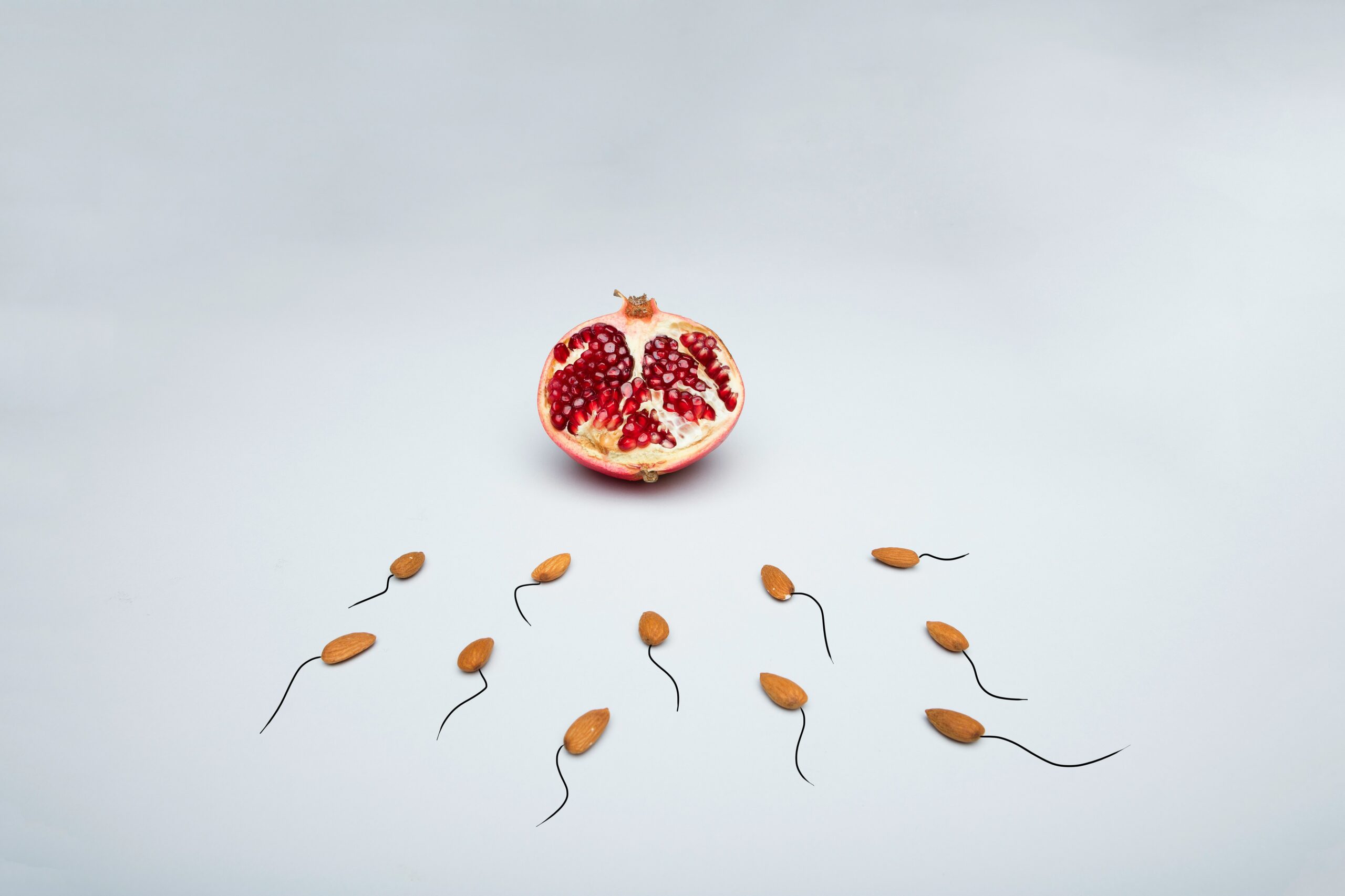Egg freezing has become an increasingly popular option for people who wish to preserve their fertility for the future. Whether due to career goals, personal circumstances, health concerns, or simply wanting more time to find the right partner, freezing your eggs can offer peace of mind and the flexibility to delay parenthood until you are ready. But when is the best time to freeze your eggs? In this blog post, we’ll explore the ideal age, medical considerations, and other factors to help you decide when egg freezing might be right for you.
The ideal time to freeze your eggs is when you are in your 20s or early 30s. During this period, your eggs are at their healthiest, and your ovarian reserve (the number of eggs you have) is typically higher.
People in their mid to late 30s may also benefit from egg freezing, but it’s important to understand the implications of age on egg quality and quantity.
Around age 35, people experience a significant decline in both the number and quality of eggs. This decline accelerates as they approach their late 30s. A good indication of this is a low AMH (Anti-Mularian Hormone) level as indicated by your ObGyn. While it is still possible to freeze eggs at this age, you may need more eggs to achieve a successful pregnancy in the future.
The number of eggs retrieved during an egg freezing cycle may be lower in your mid to late 30s, so some people may choose to undergo multiple egg retrieval cycles to improve their chances of success.
If you’re in your mid to late 30s and not planning to conceive soon, freezing your eggs can still be a good option, but it’s best to consult with a fertility specialist to understand your ovarian reserve and overall fertility health.
Egg freezing after age 40 is generally less successful because of the natural decline in egg quality and the increased risk of chromosomal abnormalities in the eggs. As people age, the chances of retrieving healthy, viable eggs decrease, and the likelihood of pregnancy complications increases.
The success rates of IVF using frozen eggs from people over 40 are typically lower compared to those who froze their eggs at a younger age. The risk of miscarriage and other fertility-related challenges also rises in your 40s.
While age is an important factor in determining when to freeze your eggs, certain medical conditions may make egg freezing a necessity, regardless of age.
People diagnosed with cancer may choose to freeze their eggs before undergoing chemotherapy or radiation treatments, as these treatments can damage fertility.
Some genetic conditions, such as Turner syndrome or premature ovarian failure, can affect one’s ability to produce healthy eggs. Egg freezing can offer a backup plan for people facing these conditions.
People with severe endometriosis may experience a decline in egg quality and fertility over time. Freezing eggs early can help preserve their fertility before the condition worsens.
If there is a family history of early menopause, freezing your eggs at a younger age may help protect your ability to conceive later.
Beyond medical reasons, many people choose to freeze their eggs due to personal and lifestyle factors:
Many people are choosing to focus on their careers in their 20s and 30s, which may delay their plans for starting a family. Egg freezing provides the flexibility to pursue career goals without sacrificing future fertility.
Some people choose to wait until they are in a stable, long-term relationship before starting a family. Egg freezing allows them to wait without worrying about declining fertility as they age.
Some people may simply feel they’re not ready to become mothers and want to keep their options open. Freezing eggs gives them the option to start a family later when they feel the time is right.
The first step is to meet with a fertility specialist who will assess your fertility health, including your ovarian reserve, hormone levels, and overall reproductive health.
You will begin a course of hormone injections to stimulate your ovaries to produce multiple eggs, rather than the single egg released during a normal menstrual cycle. This process takes about 10-14 days.
Once the eggs are mature, they are retrieved through a minor surgical procedure under sedation. The doctor will use an ultrasound-guided needle to collect the eggs from the ovaries.
The retrieved eggs are immediately frozen using a process called vitrification, which prevents ice crystals from forming and damaging the eggs.
Your eggs are then stored in a secure facility until you’re ready to use them for fertilization and pregnancy through IVF.


